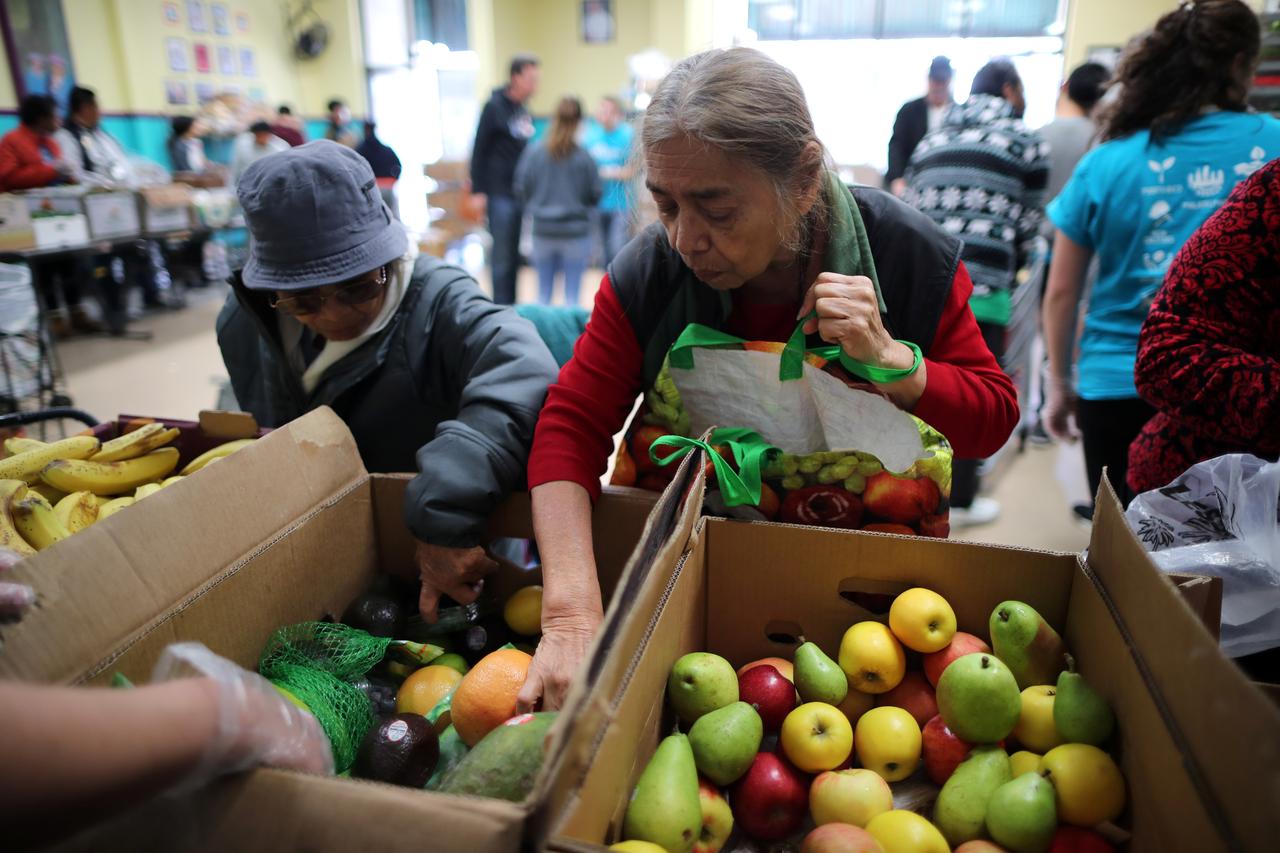Poor diet quality tied to frailty in older adults

When older people eat a poor-quality diet, they may be increasing their odds of becoming frail, a recent study suggests.
Researchers followed 2,154 older U.S. adults for four years. At the start, participants were between the ages of 70 and 81. They were either “robust,” because they didn’t appear to have any cognitive problems or issues with physical frailty, or “pre-frail,” because they only had one or two symptoms of frailty.
Overall, 277 participants became frail. And among the 1,020 who started out in robust condition, 629 either became frail or developed pre-frailty.
People with poor quality diets were almost twice as likely as those with high-quality diets to become frail, and a medium-quality diet was associated with a 40% higher risk of frailty.
“A good-quality diet may reduce the risk of frailty,” said Linda Milou Hengeveld, lead author of the study and a researcher at Vrije Universiteit Amsterdam in the Netherlands.
“It is hypothesized that protein intake may also be important to reduce frailty risk, because sufficient protein intake is important to slow down the loss of muscle mass and strength that occurs with aging,” Henveveld said.
But that’s not what the study found.
Lower vegetable protein intake was associated with a higher risk of “robust” people developing “pre-frailty,” but it didn’t appear to influence whether they developed full-blown frailty. There was no meaningful difference in frailty risk based on total protein intake, animal protein intake or total calories consumed.
“Possibly, it depends on the type of protein (which can be animal or vegetable) whether it is important for frailty prevention,” Henveveld said. “Even if it is not certain that higher protein intake prevents the development of frailty, sufficient protein intake is important for older persons to maintain their muscle mass and strength.”
To be considered frail, participants had to have at least three of these five health issues: unintentional weight loss of more than 5% of their body weight in the past 12 months; weak hand grip strength or too much pain in joints to complete this assessment; regular daytime exhaustion; slow walking speed; and physical inactivity.
Diet quality was measured with food frequency questionnaires that assessed whether eating habits mirrored recommendations for a balanced diet; total calories; and total protein intake.
Previous research has linked consuming animal protein to a lower risk of frailty, the researchers note in the Journal of the American Geriatrics Society, July 2. It’s possible the current study got different results because it examined protein based on total grams consumed daily, versus other studies that looked at this as a proportion of total calories.
One limitation of the study is that it relied on elderly people to accurately recall and report on their eating habits over the previous year, and this might not provide a realistic picture of how they ate, the study team notes.
Another drawback is that it’s impossible to know whether a poor diet might have caused frailty or if the reverse is true and people started eating poorly after they became frail.
Even so, following dietary recommendations may help older adults minimize their risk of severe frailty, said Kieran Reid, a scientist at the Jean Mayer USDA Human Nutrition Research Center on Aging at Tufts University in Boston.
U.S. dietary guidelines, known as MyPlate, emphasize eating whole fruits, fresh vegetables, whole grains, low-fat milk and dairy products, and protein from a variety of sources. These guidelines also advise against foods high in salt, saturated fat and sugar.
“Based on the evidence from this study among U.S. older adults, a lower quality diet increases the risk of becoming frail with advancing age,” Reid, who wasn’t involved in the study, said.
